Petnica Science Center- a gemstone in the heart of Serbia
Founded in the Yugoslav years, Petnica Science Center keeps inspiring and educating generations of Serbian high-schoolers. Aleksej Drino, Ph.D. student at the University of Vienna, gives a homage to “ the place I truly belonged to”.
The Crastina theme of August is “Guiding and inspiring the next generation of science & tech people”.
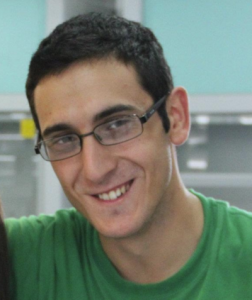 Almost ten years ago, I was just one of the many confused high schoolers getting off a bus, finding themselves standing in front of a small biology laboratory building of Petnica Science Center near the city of Valjevo, Serbia. After a couple of days spent there I knew I found the place I truly belonged to. It was a place no stupid questions existed, a place where everyone shared your passion and a place where your curiosity wouldn’t make you feel strange and alienated but would rather be sparked even further. The place radiating with energy, ideas and resourcefulness. At that point, my adventure of loving science, building knowledge and making friends had begun.
Almost ten years ago, I was just one of the many confused high schoolers getting off a bus, finding themselves standing in front of a small biology laboratory building of Petnica Science Center near the city of Valjevo, Serbia. After a couple of days spent there I knew I found the place I truly belonged to. It was a place no stupid questions existed, a place where everyone shared your passion and a place where your curiosity wouldn’t make you feel strange and alienated but would rather be sparked even further. The place radiating with energy, ideas and resourcefulness. At that point, my adventure of loving science, building knowledge and making friends had begun.
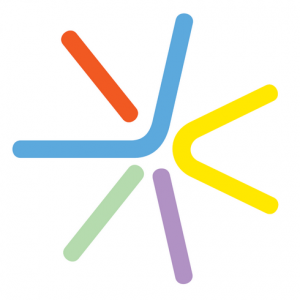 But what is Petnica Science Center? Petnica Science Center is one of the biggest and oldest non-profit organization that deals in informal scientific education in Serbia and the region of South-East Europe. Since its foundation in the early 1980s it has organized more than 2500 workshops, seminars and camps in 15 different disciplines, spanning natural sciences, technology and humanities. Although its programs are mainly orientated towards highly motivated and enthusiastic high schools students who dare to ask non-conventional questions about the origin of life, pulsating stars or building a fully functional robot, educational programs for primary school and university students, as well as science teachers are also organized. The center is furnished with fully functional boarding facilities as well as classrooms, libraries and state of the art laboratories, where participants feel comfortable to devise, plan and conduct their own scientific-research projects.
But what is Petnica Science Center? Petnica Science Center is one of the biggest and oldest non-profit organization that deals in informal scientific education in Serbia and the region of South-East Europe. Since its foundation in the early 1980s it has organized more than 2500 workshops, seminars and camps in 15 different disciplines, spanning natural sciences, technology and humanities. Although its programs are mainly orientated towards highly motivated and enthusiastic high schools students who dare to ask non-conventional questions about the origin of life, pulsating stars or building a fully functional robot, educational programs for primary school and university students, as well as science teachers are also organized. The center is furnished with fully functional boarding facilities as well as classrooms, libraries and state of the art laboratories, where participants feel comfortable to devise, plan and conduct their own scientific-research projects.
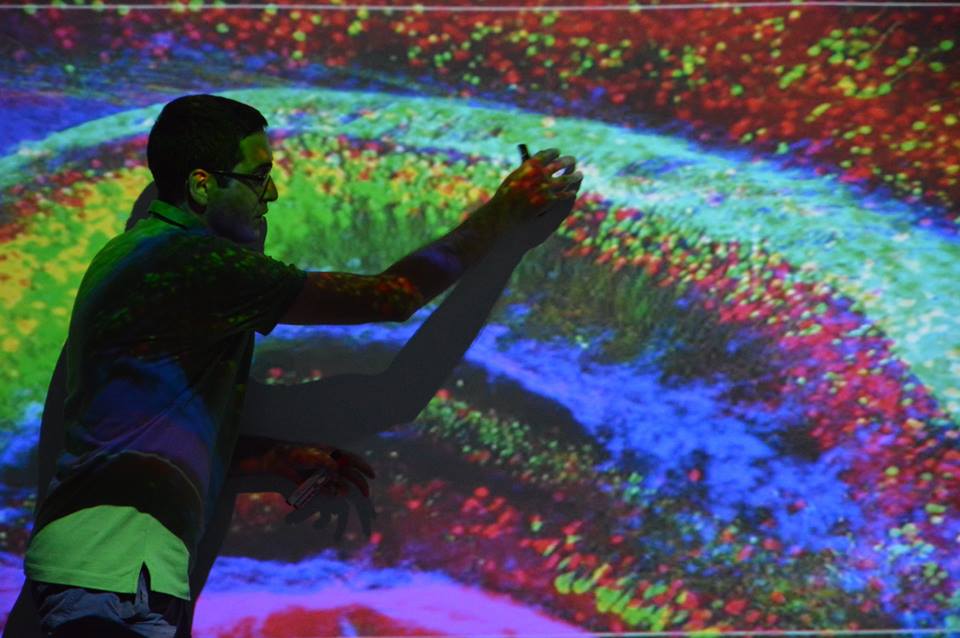
Aleksej explaining some cool stuff to his peers.
“It gives the participants a valuable chance to taste multidisciplinarity …”
Petnica believes that every child has its own different potential, interests, desires and ambitions, and there is no strict curriculum as mentoring students and University professors take an individual approach towards every participant. Besides these core programs, international programs in English language as well as numerous programs orientated towards art and philosophy of science are organized, whereas the pinnacle of one’s work is a chance to present at the final conference organized at the end of each year. It gives the participants a valuable chance to taste multidisciplinarity, interact with peers from different fields and discuss problems from various perspectives.
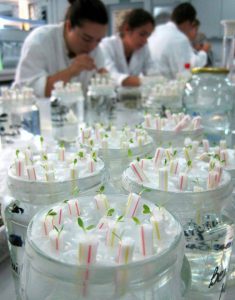 I have been pursuing an academic career in science for the last couple of years, and I must admit that Petnica made me determined to devote my life to science. Petnica ignites enthusiasm, supports innovation and drives curiosity. It teaches you to be independent in your research and to quest for knowledge, to be of creative and critical mind and to be hardworking, patient and enduring. It introduced me to ways of approaching scientific problems and made me thrilled about the idea of trying to think of my own projects and plan experiments to explore nature. It changed my perspective towards the world around me and planted a seed of motivation and passion which I continue to nurture ever since.
I have been pursuing an academic career in science for the last couple of years, and I must admit that Petnica made me determined to devote my life to science. Petnica ignites enthusiasm, supports innovation and drives curiosity. It teaches you to be independent in your research and to quest for knowledge, to be of creative and critical mind and to be hardworking, patient and enduring. It introduced me to ways of approaching scientific problems and made me thrilled about the idea of trying to think of my own projects and plan experiments to explore nature. It changed my perspective towards the world around me and planted a seed of motivation and passion which I continue to nurture ever since.
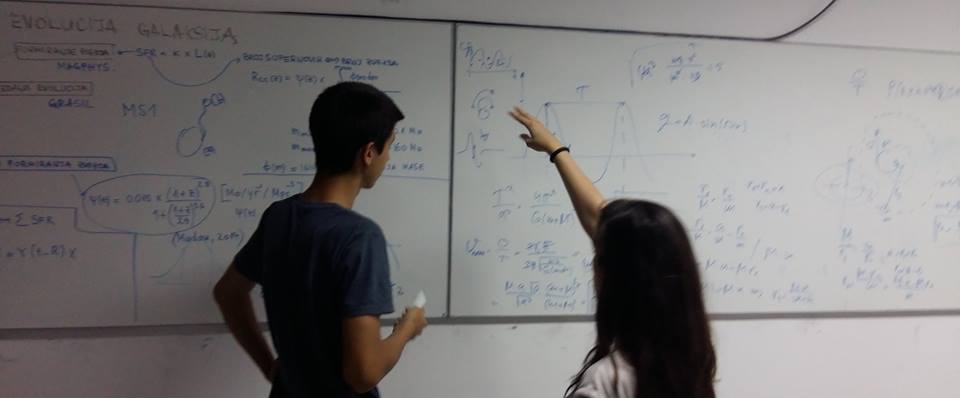
Petnica Science Center facts
• Criteria for student admittance are based solely on their enthusiasms and interests, whereas school grades are not of great importance
• Students devise and conduct their own individual research project over the course of one year and publish their results in an internal peer-reviewed journal
• Since its foundation Petnica Science Center has organized more than 2,500 programs for nearly 50,000 students and science teachers in 15 disciplines (Astronomy, Physics, Electronic, Computing, Mathematics, Biology, Molecular Biomedicine, Chemistry, Geology, Geography, Archaeology, History, Linguistics, and Psychology)
• Students and teachers who participate at some of PSC’s programs have access to a rich library (40,000 books and journals, and computer database with thousands of electronic journals and books) and carefully hand-picked types of teaching equipment and research-grade equipment


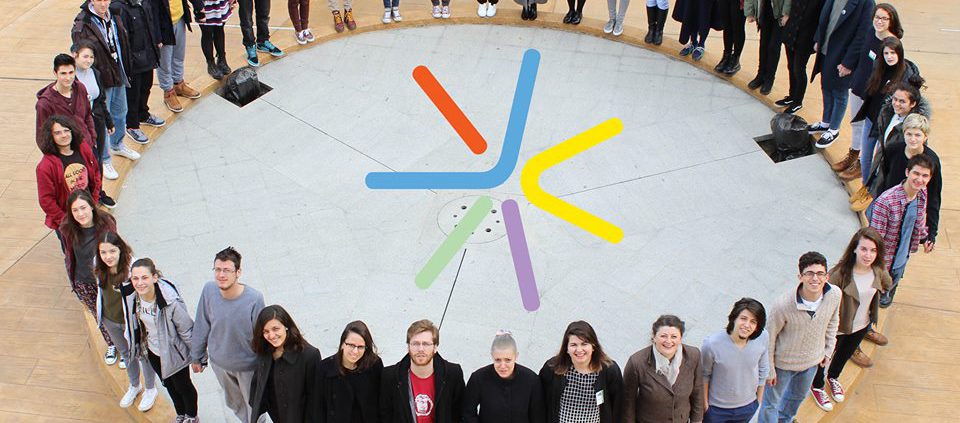


Leave a Reply
Want to join the discussion?Feel free to contribute!